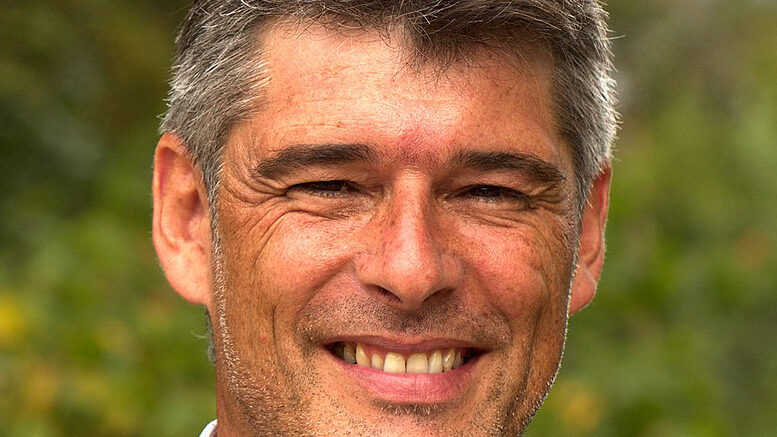French hemp could bring €1.5 to €2.5 billion in annual turnover and result in 18,000 to 20,000 jobs, a French Senate group has said after the recent passage of a resolution intended to shape the industry.
Rulemaking is expected to advance early next year as a result of the resolution, under which the government is to declare hemp compatible with the EU’s Common Agriculture Policy, develop a strategy for the industry, and set specific regulations for the CBD sector.
‘Under-exploited’
“Industrial outlets (for hemp) are considerable but largely under-exploited,” Guillaume Gontard, president of the Senate environmental group said.
French farmers have grown hemp primarily for cultivation seed, and fiber to turn out building materials and paper, all subsectors in which the French are Europe’s leaders. While the country is the third biggest hemp grower in the world and the biggest in the EU, current fields are just 22,000 hectares (54,000 acres), Gontard noted.
In addition to supporting the overall hemp sector, the resolution also calls on the government to set regulations for products containing CBD specifically, bringing a potential €300 million legal CBD market one step closer in France.
Soon: CBD rules
A first summary judgment on the resolution must be issued at the start of the year, and the Council of State would then render a final opinion on the CBD framework within a few weeks.
While getting the proposed CBD rules in place would be a significant advancement, approval of France’s plan by the European Commission is not expected until the end of 2024 at the earliest, according to Ludovic Rachou, President of UIVEC, an extracts trade group.
In the meantime, authorities will need to set the THC level for foods that contain CBD, which was not included in an original December 2021 decree. That decree fixed the THC level in extracts, but failed to set a THC benchmark for foods that contain the compound.
Temporary framework
Rachou said his group is negotiating with authorities over a temporary framework for the marketing of CBD as a food ingredient that would serve as a “doctrine of control” for 2023.
The French gray market for CBD was about €200 million in 2021, and is expected to reach roughly €300 million this year, UIVEC has estimated. Growth has been bolstered by large retailers, particularly beverage distributors, UIVEC said. Previous estimates had pegged France’s CBD market potential at as much as €700 million to €1 billion.
UIVEC estimated that roughly 300 to 500 hectares of hemp, primarily on small plots, were grown for CBD-producing flowers in 2022. Producers say regulatory uncertainty has been a factor in their inability to sell their outputs. But a massive squeeze on prices due to a worldwide glut of hemp biomass for CBD underlies the struggles of French flower growers, Rachou said, with producers particularly under pressure from American imports of CBD isolates “three to four times cheaper.”
1% THC
While France has been slow to take up CBD, it was, ironically, a French case that prompted the European Commission to change its assessment of CBD to declare the compound is not a narcotic, that CBD products should enjoy the same free movement of goods between and among EU countries as other legal products, and that CBD can be qualified as food.
Like France, all member states are now in the process of adjusting their national rules to comply with the changes at the EU level.
The Senate environmental group has also proposed the development of an organic farming label and a quality label for French CBD products under AFNOR, an association that guides the development of standards. Gontard also said the Senate group supports expanding the French catalog of hemp cultivars to varieties that express up to 1.0% THC “on the field,” following a trend that is growing worldwide which makes CBD production more efficient.
Read the full article here

